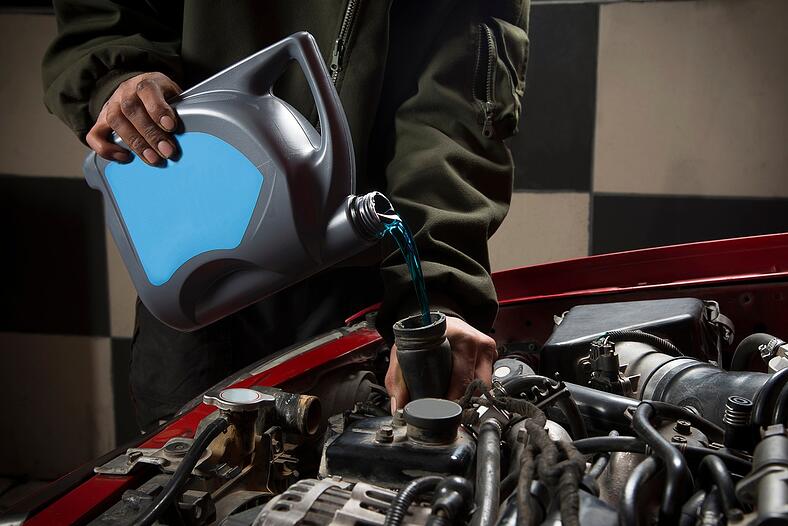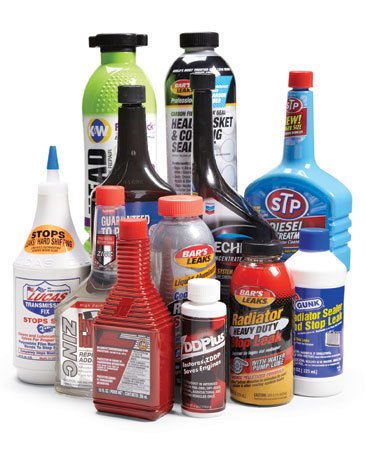

The best diesel fuel additive are chemicals that, according to manufacturers who market, easy combustion and internally clean the engine, the injection circuit and even the cooling circuit.
The truth is that there is no standardized opinion on the effectiveness of these products. Car manufacturers do not usually recommend its use, while other professionals in the automotive world do recommend them. It is not the first time we talked about this controversy, we also did it in this article .
The additives are usually composed of hydrocarbons, isoalkanes, ethylhexyl nitrate and kerosene . The most common is to apply them directly to the fuel tank, usually with a solution of 3 ml of product per liter of gasoline.
There are additives for gasoline engines, for lubricant, for cooling systems, for gearboxes or even for the air conditioning system. However, in this article we are going to focus on additives for diesel engines .

A diesel engine additive is a product recommended for use only in this type of engine. However, not all diesel additives are the same. For example, additives with the following functions can be found
- Improve fuel quality . These types of additives are marketed as additives capable of raising fuel octane and, therefore, improve vehicle performance and reduce consumption.
- Antifreeze . The coolant is very important. It prevents the water that cools the engine from freezing and the engine temperature rises more than it should.
- Anti smoke . According to its manufacturers, these types of additives reduce the formation of waste in the intake system and minimize the emission of polluting gases in diesel engines.
- Clean the engine . These types of additives have the objective of eliminating particles and sediments that are embedded in the internal circuits, thus improving combustion and engine operation.
As a workshop professional, before using an additive in a customer's vehicle, it is best to know its functions, what type of engine it is for and if it is compatible with the engine we want to use it on. While it is true that these additives are useful in some cases (for example, to clean a refrigeration circuit due to oil contamination), you should always consult the manufacturer before using them.
© Copyright Blog
Make a free website with Yola